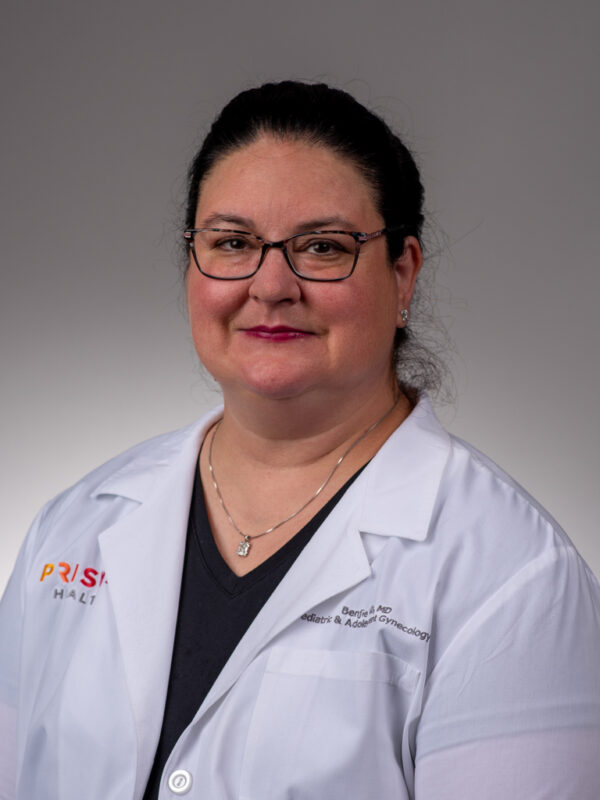Pap smear or HPV test: Which is better?
The Pap smear (also called the Pap test) and the HPV test are both used to determine the risk of cervical cancer, but is one more effective than the other? OB/GYN Benjie B. Mills, MD, explained why these screenings are important and what else you can do to protect yourself.
What are Pap tests and HPV tests looking for?
A Pap test looks for cell changes on the cervix that might become cervical cancer if not treated appropriately. An HPV test looks for the human papillomavirus that can cause these cell changes to occur. HPV infections cause more than 90% of cervical cancers.
Are HPV tests better than Pap smears?
“Yes, HPV testing is superior to Pap testing alone for detecting HPV infection and disease from human papillomavirus,” Dr. Mills said. “The thing is, we’ve been ingrained to get our Pap tests every year, which was the recommendation when I first got into medicine. However, we’ve learned that abnormalities from HPV develop slowly, and Pap tests can’t always detect subtle, slow changes year after year, so the recommendations have changed. HPV tests let us know who has the virus before they have any changes to the cervix, so we identify patients at risk for cervical cancer earlier in the disease process.”
Dr. Mills said there are two recommended approaches for finding HPV disease and preventing cervical cancer:
- HPV testing alone. This test is done every five years for women beginning at age 25 through age 65. If the HPV test is positive, the lab will run a Pap test on the specimen that was already collected.
- Pap and HPV testing together. Women aged 21–29 should get a Pap test every three years. Starting at age 30, they should get a Pap and an HPV test every five years through age 65.
“The HPV test is more efficient,” Dr. Mills said. “It results in less testing and does a superior job of finding disease if you are following through with your screenings. The type of testing offered often depends on what resources your doctor has available. Patients who are in rural areas might have more difficulty obtaining an HPV test or seeing a doctor regularly, but women should make sure they advocate for themselves and get the care they need.”
What can you do to protect yourself against HPV?
The best protection against HPV is vaccination. It’s approved in the United States for ages 9 to 45 and is highly recommended for all patients. After 26 years of age, it’s important to discuss with your doctor if you haven’t been vaccinated.
“The HPV vaccine is greater than 99% effective,” added Dr. Mills. “Really, we’ve never seen something so effective for such a terrible disease. This vaccination has been a major milestone in women’s health, just like Pap smears or birth control were when those were invented.”
Second, get recommended screening tests from a health care provider. Certain types of HPV can show up years after exposure and are commonly found through routine testing.
Do not smoke or vape. If you are infected with HPV, smoking and vaping decreases your immune system’s ability to fight the virus.
And finally, use a condom or other barrier protection for intercourse. Not only can it decrease your risk of getting HPV, but it also decreases your risk of getting other sexually transmitted infections.
Choose a caring, trusted OB/GYN
Find a provider who’s right for you by viewing their online profiles, star ratings and reviews.
Find an OB/GYN

